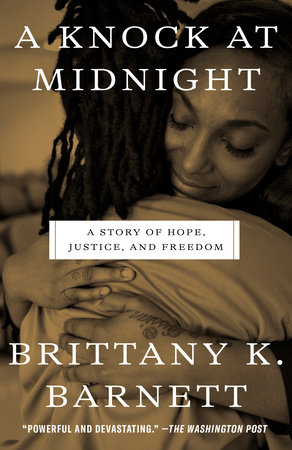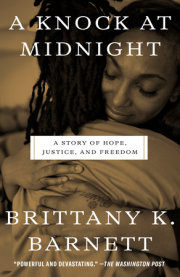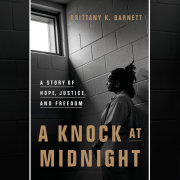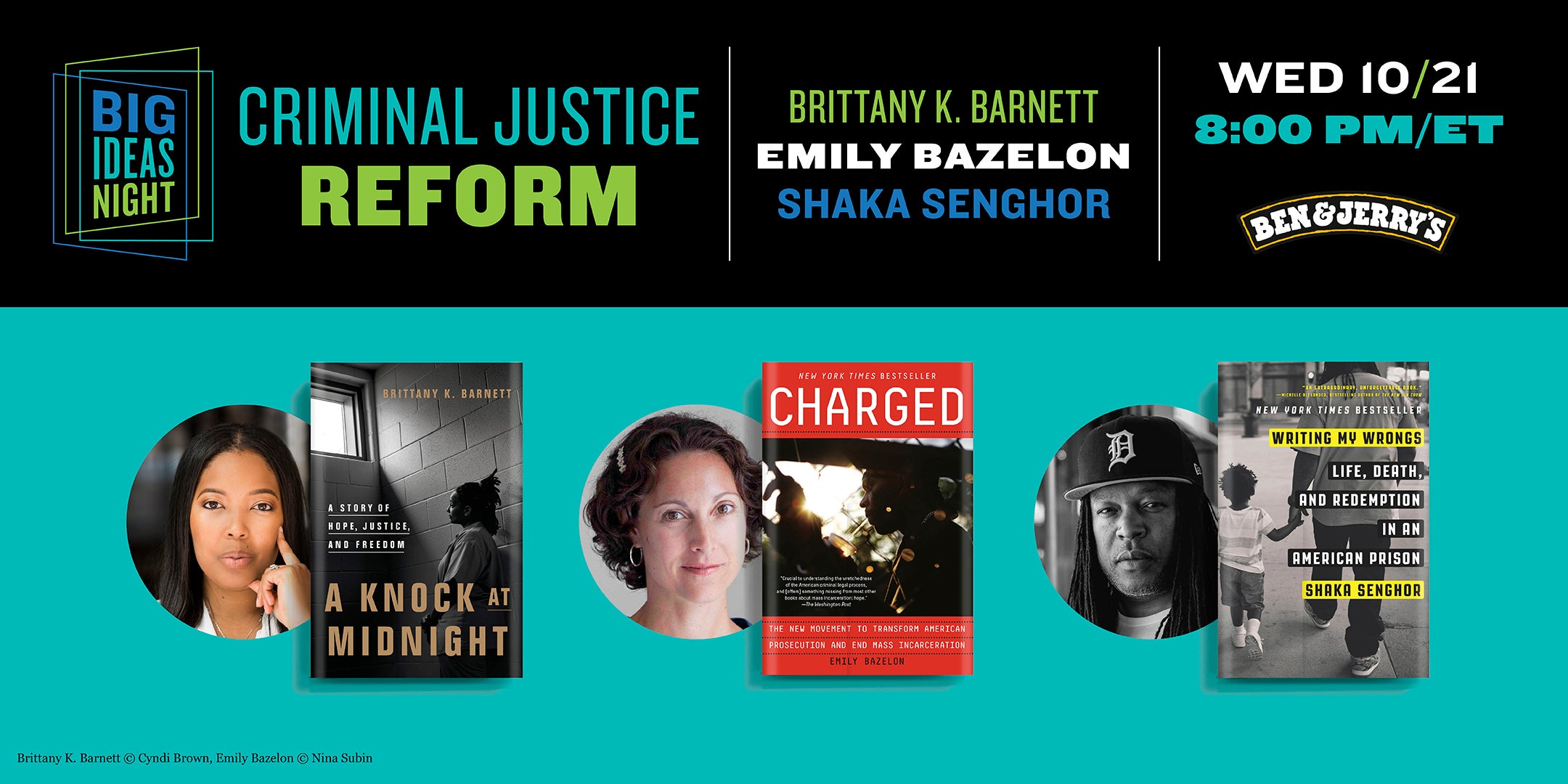Chapter 1
Dear Mama
Mama was always heavy-handed, and I was tender-headed. I’d sit between her legs on the worn rust-brown shag carpet separating my bare legs from the cool cement floor of our old wooden house in Fulbright, Texas, trying to hold in my protest as she dipped the brush in water to pull through my thick hair. Mama’s hands, cool on the side of my head and ear, smelled of Blue Magic hair grease, and I relished the touch of her palm even as I squirmed from the comb. “Hand me that barrette, Britt,” Mama would say, and I’d reach into our pink hair box for the red one I knew she meant. Jazmine—or Jazz, as we called my little sister—would be dancing her carefree self around the TV, pantomiming the Tom and Jerry carnage playing out on the screen, her hair already combed in perfect pink barrettes that matched her short set, red with pink flowers, lace on the straps. It might have been the last time in her life she’d look so girly without a fight, but at four, she wore it well. As soon as Mama finished torturing my head we’d be free to go sit outside on the faded porch swing and eat sweet plums from Aunt Opal’s tree across the road, the best spot in the whole town of Fulbright to catch a breeze in that sweltering Texas midsummer heat.
My mom was a tall, long-waisted, young Black woman with the deep-set paisley eyes and the high, full cheekbones of her Filipina and half-Cherokee grandmothers. Her skin shone like a burnished penny, and her glossy black hair framed her face in a perfect curly halo. Physically, she was striking—an exotic beauty of Hunt County. Even when she was a small girl, her biting wit and sharp-tongued fury could not be contained. Before adolescence, other kids mocked her “Chinese” eyes and bony frame; when she grew into herself, the attention from men of all ages was both blessing and curse. She cultivated a tough exterior. In photos, she’s always giving the camera side-eye, jaw set, lips a flat line. Even then she’s gorgeous. Too much for her small town, for her small world, a world made smaller by my arrival when she was only eighteen, and Jazz’s a year later.
Mama had grown up with her mother in Greenville, notorious even in the South for the sign that stretched across its main street for decades: welcome to greenville: the blackest land and the whitest people. Though some would claim that “the whitest people” referred to the moral purity of Greenville’s citizens, Black folks from inside and outside the town knew the truth. Mama’s mama, who I called Granny, was named after Ida B. Wells, and she was as fierce and loving as her namesake. A prayer warrior, she was a straight shooter who would tell you exactly what was on her mind, regardless of whether you were ready to hear it. My mother took after her in temperament. Always willful, Mama took pride in controlling her own destiny—nobody could tell Evelyn Fulbright what to do. Greenville schools didn’t reward precocious intelligence in young Black girls, and Mama played the rebel more than the achiever. Still, at seventeen she scored extra high on the entrance exam for a basic training and airborne program at Fort Jackson in South Carolina, which would have led to a year in Germany and the nursing training she desired. Then I came along.
I was born in 1984 when both my parents were still living with their own parents. Mama was seventeen when she got pregnant with me, and Daddy just sixteen, a sophomore in high school. Mama says that Daddy was “mesmerized” when they met in the Greenville park where she held court with her friends, seniors to my daddy’s crew of gangly sophomore boys. She had a barely healed divot under her eye from her latest fight and shorts that showed every inch of her long brown legs. Daddy was indeed struck dumb, by the force of her character as much as her uncommon beauty. “All I wanted was to see her smile,” he would say. “Prettiest woman you ever saw, but boy did she act mean!”
Mama joked that when she saw that handsome young Barnett boy drive through the park in Greenville she’d have been a fool not to fall for him. Leland Barnett drove a brand-new Z28 with the T-top, flashing his gap-toothed smile from beneath his Michael Jackson curl, a perfect single twist on his forehead just like on the Thriller cover. Everyone knew my daddy’s family, the only Black family in all of Campbell, a small town about fifteen minutes’ drive from Greenville, with six handsome brothers and a real pretty piece of land. My daddy’s daddy had picked cotton and had only a third-grade education, but he managed to build one of the most successful cement contracting businesses in the area. He also owned Sudie’s, a thriving after-supper club in nearby Commerce. And here came my daddy, fine as could be, earnest and smart and with the exact opposite personality as Mama. He met her hot temper and sharp tongue with a sweet smile and calm demeanor, her extroverted sass with shy introversion, her decisive action with his languid dreams. They fell for each other hard, in that first flush, can’t-tell-nobody-nothing kind of love.
That’s the kind of love that burns out fast, especially under the pressure of two newborns. Mama entered the deferred enrollment program for Fort Jackson, but she was reluctant to be away from me, her first baby. Granny told her, “That little black-eyed pea don’t want to go to no Germany!” So Mama relented.
Jazz was born a year after me, and by the time she was a year old my mom and dad’s relationship was all but over. For the next year we bounced around within a ten-mile radius in Hunt County, Texas, between Granny’s house in Greenville and my dad’s family home in Campbell, under the loving care of our dad’s mom, Mama Lena. Mama appreciated the help, but she wanted out from under all of it—away from her mama’s house, away from Hunt County, and especially away from my dad’s new girlfriend. So when Mama’s daddy, Pa-Pa, offered to fix up the old house he’d grown up in for us, it was a big deal for her—a chance, finally, for my headstrong, independent mother to be on her own with her girls.
Pa-Pa’s own daddy had built that house with his two hands, and by the time we moved in, it had seen better days. Still, it was ours. Pine trees grew out back, and the sky was sharp with electricity during tornado season. Fireflies delighted us on summer nights, and torrential downpours turned the red earth redder, releasing everywhere the sweet smell of new growth so potent it permeated our clothes drying on the line. Despite the cement floors and bare bulbs, the thick plastic nailed over windows for insulation in the winters and the pipes that froze all winter long, we had joy in that house, and so much love.
Pa-Pa’s family constituted more than a quarter of Fulbright’s one hundred fifty residents, and most of us lived on that same two-mile stretch of Fulbright Road—not quite dirt but not quite paved either, the old blacktop crumbling back into the rich soil. We were the first house you’d come to if you turned up that road, a little ways after the old church where we’d go some Sundays, gospel hymns shaking the wooden floorboards. My cousin Charla lived across from us with my great-aunt Mary Ann, and a few paces down the road my great-aunt Opal made my favorite plum jelly from the massive trees in her front yard. Just around the bend my great-grandmother, Mama Toni, tended her flowers and cooked up sweet rice with carnation milk and sugar from her family’s recipe in the Philippines. Across the road from her was Pa-Pa’s house, my grandfather Edward, who worked in the coal mine. Pa-Pa’s cattle and horses grazed in the fields around the house, and in the summer he and Uncle Willie would be in the field all day with their rumbling tractor, pitching hay that fell loose from the fresh rolled bales. There we all were—descendants of Fulbrights, living on Fulbright land in a town that bore our mama’s name. There was rich history in that small East Texas town. We knew we could knock on any of those family doors on Fulbright Road if we needed to. And we knew we had a proud, hard-working mother, who dressed every weekend in the white nurse’s uniform she’d bought secondhand at a store in neighboring Lamar County and starched and ironed until it looked almost new.
The year was 1988 and my mother was only twenty-three, with two toddlers underfoot. Though she’d given up her dreams of the military, she was determined to make something of herself. She attended nursing school all day in Paris, Texas, through the week and worked the evening shift Thursday through Sunday as an aide in a nursing home. Mama would carry us to the car, asleep, and when she knelt by the backseat to wake us and usher us into daycare, it would still be pitch black, no other children there but us.
When Mama’s financial aid package got cut as part of President Reagan’s austerity program that closed several hospitals in the area and cut drug treatment programs, childcare initiatives, and education, daycare was no longer an option. Without daycare, Mama’s future was in jeopardy. Mama Lena offered to take us, but Evelyn wasn’t having it. “They’re my girls, Lena,” she said. “I’ll figure out a way.” And with grit and determination, she did.
Copyright © 2020 by Brittany K. Barnett. All rights reserved. No part of this excerpt may be reproduced or reprinted without permission in writing from the publisher.





